YOUTH WORKERS IN BOSNIA AND HERZEGOVINA
Our June story about youth workers of Bosnia and Herzegovina took us to Brčko District. We’re here to meet Edina Vošanović. Edina graduated from the Faculty of Philosophy, Department of German Language and Literature, and has been working at the Youth Organization Svitac for years.
Life nudged her in the direction of youth work, and this inspiring woman is happy to share the story of how it happened.
“My road to becoming a youth worker started by chance, in 2006, when I met Ellie Maxwell from Great Britain, the founder of Firefly International and later Youth Orgainization Svitac. She asked me to help international volunteer from Great Britain to adapt to the local community and volunteer during the summer camp for youth from Brčko, which was organized in Istra. I later started volunteering at Svizac’s Youth Center, helping with workshops and preparing summer festivals, doing promotional activities and translated for English-speaking volunteers. I was then offered employment. In time, all these things I did became a calling that fulfills me and makes me happy to this day. I love spending time and working with young people. I think we should use every chance we get – whether we’re talking to them or working with groups and individuals – and offer them experiential learning as a tool for personal and social growth and their way to independence.”
For the past few years, Edina has been coordinating international and local volunteers at the organization, and creating programs and various educational, informal activities for youth.
“As a mentor for international volunteers and one of the organizers of our regular workshops, I was getting more and more opportunities to work with young people. In 2007, the Internet wasn’t available to everyone, young people had more free time; they’d often gather at the center to socialize, they were more interested in workshops on music, art, foreign languages, and various festivals. We responded to their interests by working more on non-formal education and building bridges between young people in Brčko and youth from across the world. We also involved young people in Brčko as peer support to international volunteers, encouraging them to implement their ideas together. What’s particularly wonderful about this story is that many of them are still friends, after completing some fantastic projects together. Working with young people makes me happy. The moment when a young person reaches out to you for support or advice is truly something special. In my organization, young people are always welcome to come and share their ideas and problems. They can visit the Youth Center or reach us online through our website.”
In 2017, Edina attended the training for expert youth work associates, organized and implemented by the Institute for Youth Development KULT. The training, she says, remains one of her fondest memories of the lovely people from across BiH.

“Although I’ve been in the NGO sector for years, individual experiences and new things I learned filled the gaps I had in my youth work. We were given tasks between each module that we had to implement in our local communities, so sharing my experience with fellow participants and celebrating their successes was very interesting, and we were able to join forces in tackling problems we all face. Of course, some segments of youth work I was already familiar with, but the training helped everything fall into place because it was very high-quality and rich with information. I also have to point out that the contact I had with KULT during the training left me with a more comprehensive view of the current situation in youth work in BiH. In any case, KULT is a mainstay in youth work and they always welcome questions and dialogue. Experienced trainers and lecturers using interesting methods were a true font of information and so supportive. What’s really fantastic about is is the friendship and support that persists in our group even three years after the training. This certificate I got after completing the training formalized what I’ve been doing for years.
Edina says that the youth sector in Bosnia and Herzegovina has not yet been recognized as an important building block of society.
“BiH and our neighboring countries have similar problems when it comes to youth work. I can say that politics in Brčko District does have a major impact on our work, and institutions are often uninterested in supporting young people and things like non-formal education. People often don’t know what a youth worker is – they don’t understand the term. It’s very important to also recognize our own capacities for problem solving. A lot of red tape often makes for difficult coordination between government institutions and NGOs. For instance, we sometimes spend 2 months waiting for the Department of Education to approve our request to work in schools. These types of situations prevented a lot of projects from being implemented, even though they would have been very beneficial for young people. Although the situation is much better now when it comes to youth work, we have a long way to go before it’s recognized by the society as something beneficial and important. One major problem at state level is the lack of communication between youth and government representatives and a high emigration rate for youth. Working with international partners is also difficult in terms of administration, because it takes a lot of energy and effort to get residence visas for international volunteers. Our country doesn’t have its own national agency, which makes access to programs more difficult from the get-go. Despite these obstacles, Youth Organization Svitac has been sending young people to Europe and welcoming international volunteers so they can all learn about different cultures, gain new experiences and skills. Svitac has been accredited by the EVS as an SO and HO (sending and hosting organization) since 2007. By 2020, we hosted a total of 66 international volunteers, 60 through the EVS program (European Voluntary Service) and from 2018 onwards we hosted 6 international volunteers through the ESC program (European Solidarity Corps). I’d also like to point out some good things in BiH – the warmth and connectedness of organizations and youth workers through the Alumni network of youth workers coordinated by KULT. The founding of the Brčko District Youth Council is also a very important step forward. It was a long wait but it was worth it. The Youth Law of Brčko District has also been adopted and we have to know how to interpret it so we can improve youth work, support youth initiatives and show them that their opinions matter. After all, they’re the only ones who can tell us what they need.”

When she contemplates the future, this inspiring woman still sees her in youth work.
“Every day is different and brings new challenges. Because of the COVID-19 pandemic, we were unable to work directly with our members, but tried to stay in touch on social networks. This meant a lot to young people we work with, but it also meant a lot to me because every day they filled me with energy and put the wind in my sails. My place is still in Brčko and I hope I’ll keep working with young people for a long time to come. I want to encourage them to take part in decision making and give them a chance to get involved in processes that improve their local communities.”
Finally, Edina wants young people to know that knowledge is the key to every door:
“Young people should jump at every chance to learn something new! They should explore new things, and start thinking about themselves, present and future, they should travel, welcome new experiences and meet new people. They should be young and silly and curious and start making positive changes from within.”



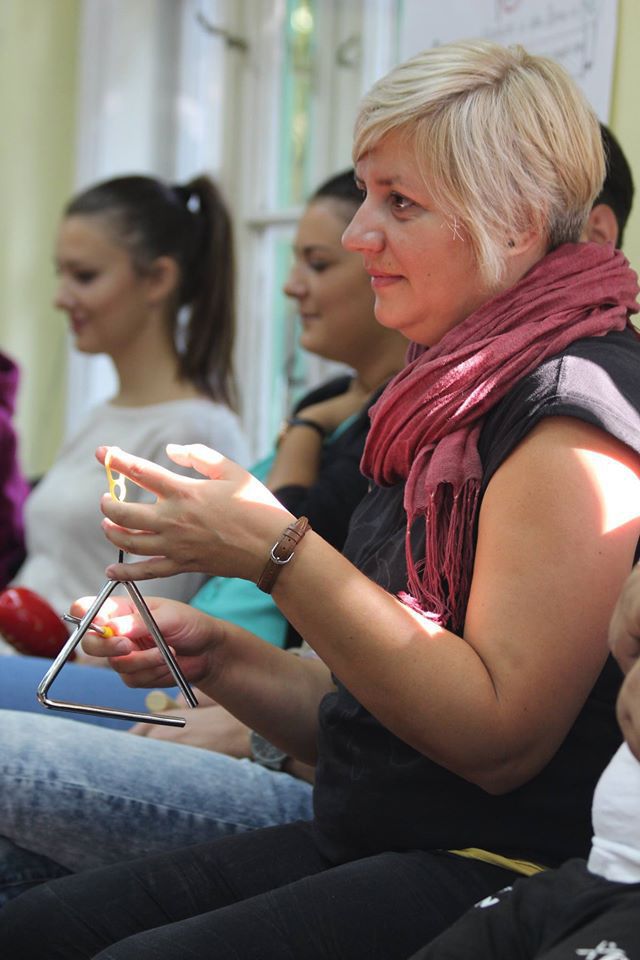
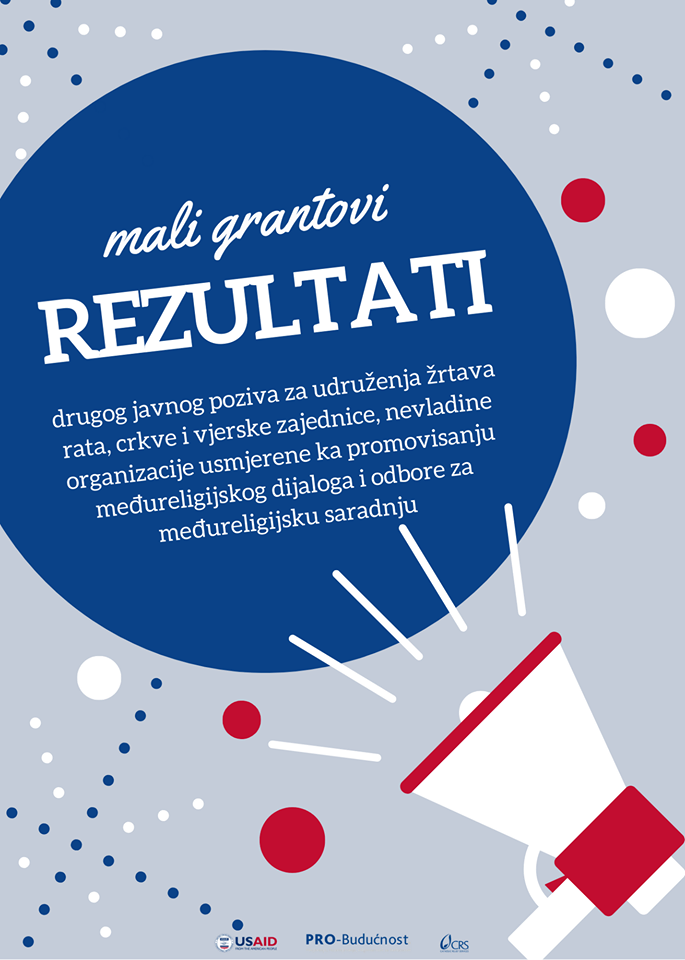
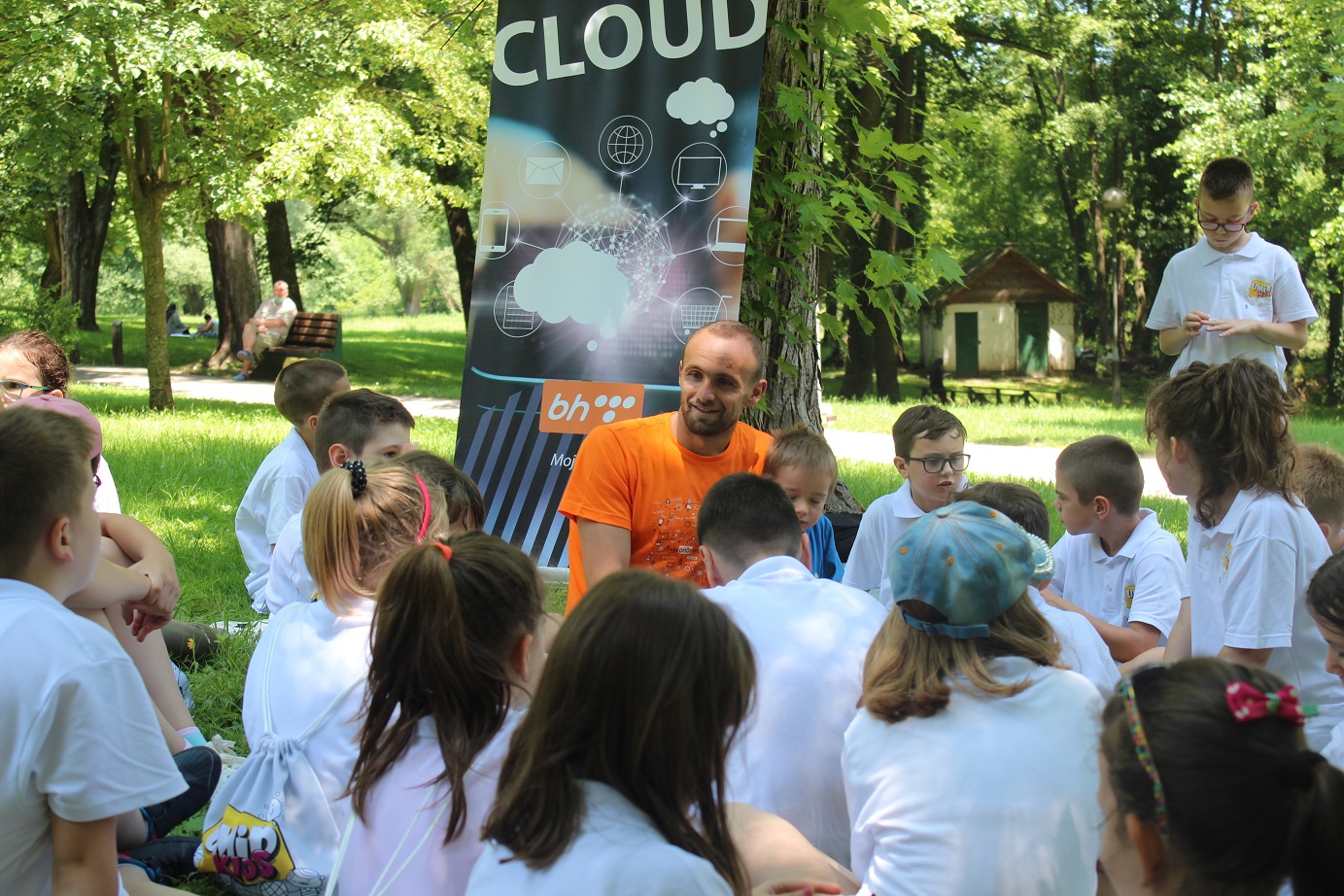






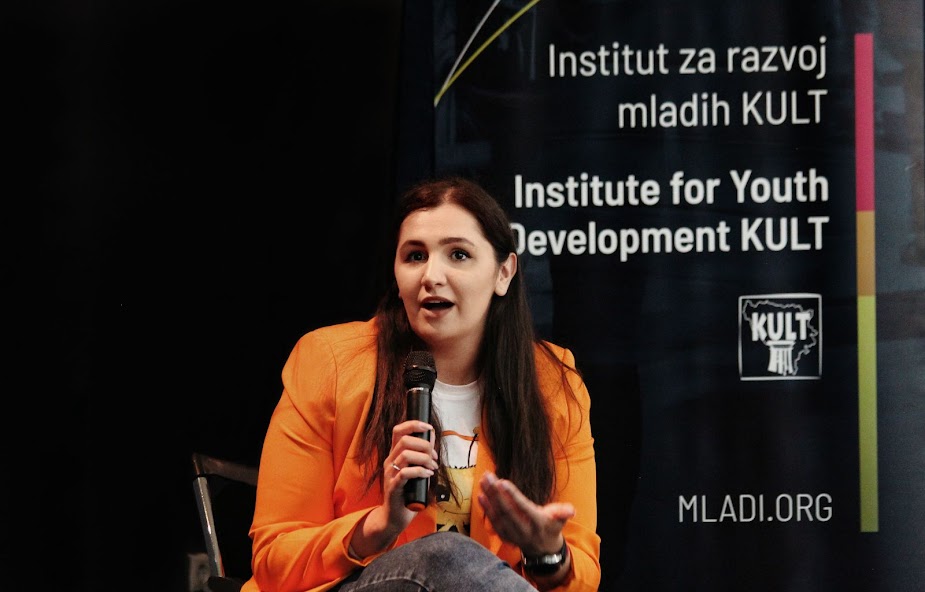
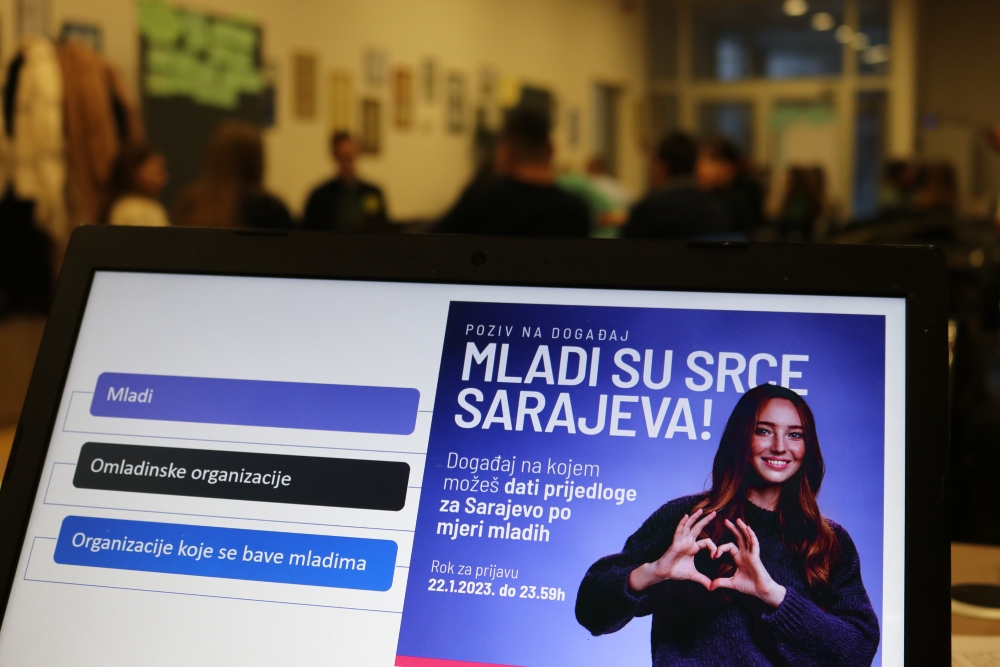
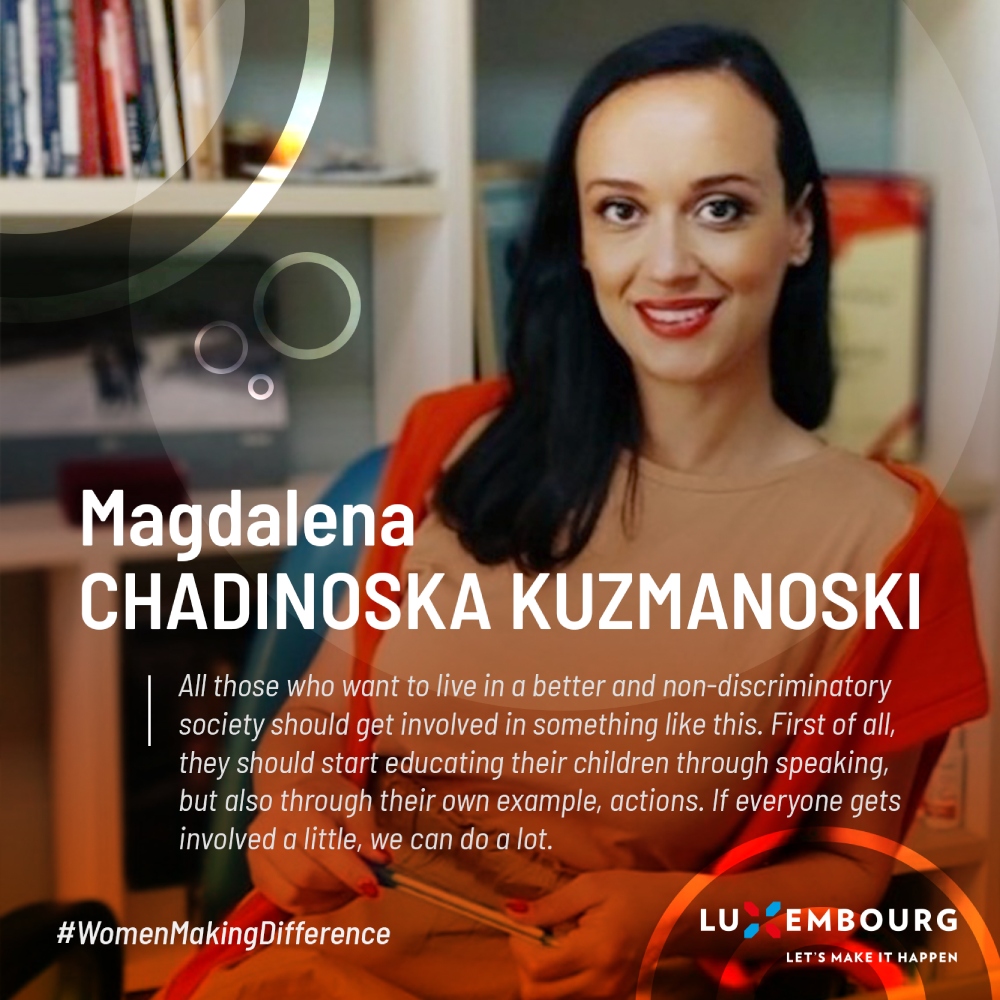
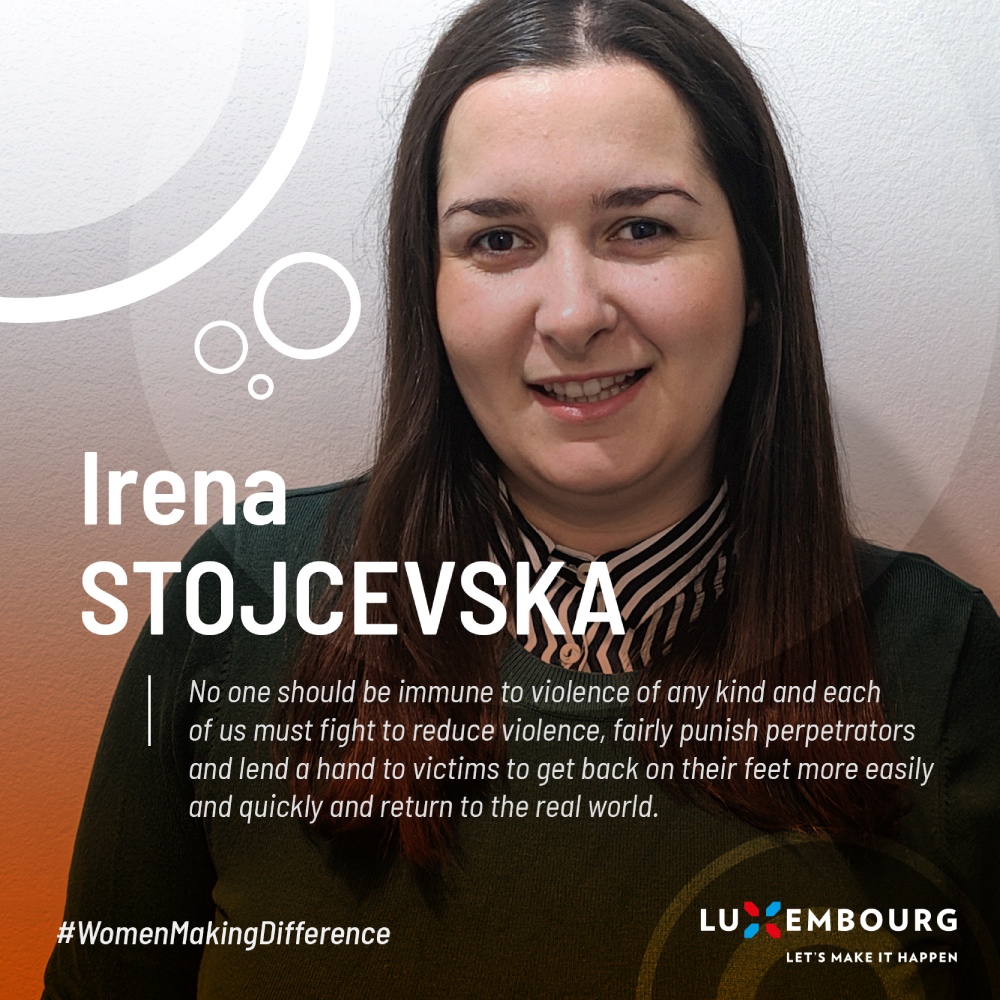
Leave a comment